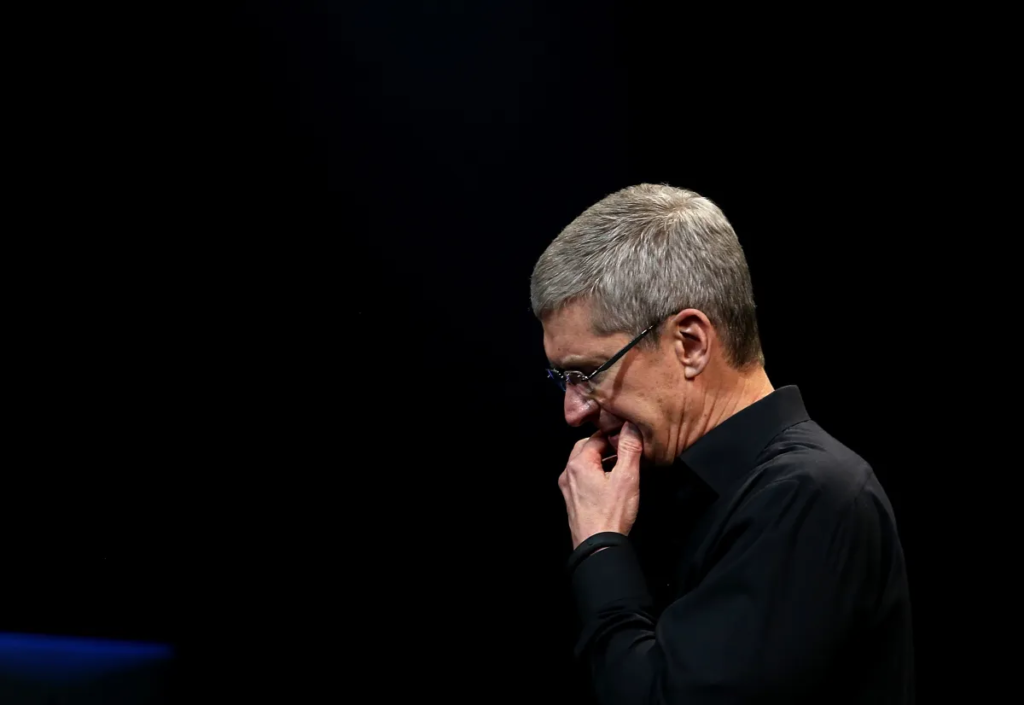In a landmark decision, Germany’s Federal Court of Justice has upheld a ruling that subjects Apple to a special abuse control regime, marking a significant moment in the ongoing global effort to regulate big tech companies. This decision, which affirms a five-year regulatory designation imposed by Germany’s Federal Cartel Office (FCO) in April 2023, underscores the growing scrutiny tech giants face in Europe and beyond. The ruling not only impacts Apple but also sets a precedent for how other digital behemoths like Google, Meta, and Microsoft are regulated in one of the world’s largest economies.
What Does the German Ruling Mean for Apple?
The special abuse control regime is designed to level the competitive playing field in the digital marketplace. It empowers regulators to prevent tech giants from leveraging their dominant market positions to stifle competition. For Apple, this means it will face stricter oversight in Germany, one of its key European markets, in addition to complying with broader regulations like the European Union’s Digital Markets Act (DMA).
The FCO has raised concerns about Apple’s App Tracking Transparency (ATT) framework, which requires third-party apps to obtain user consent before tracking their data. While Apple positions this feature as a privacy safeguard, the FCO suspects it may amount to “self-preferencing,” a practice where a company prioritizes its own services over competitors. If proven, Apple could be forced to apply the same data collection standards to its own advertising practices as it imposes on third-party apps.
Apple’s Response: Balancing Innovation and Regulation
In response to the court’s decision, Apple expressed disappointment but reiterated its commitment to innovation, job creation, and competition. The company emphasized that its business model prioritizes user privacy and security, a stance it believes is being overlooked by regulators.
“Apple is proud to be an engine for innovation, job creation, and competition in every market where we operate,” the company stated. “We disagree with the FCJ’s decision today to uphold the FCO’s designation, which discounts the value of a business model that puts user privacy and security at its core.”
Despite Apple’s objections, the ruling highlights the tension between fostering innovation and ensuring fair competition. As tech companies continue to expand their influence, regulators are increasingly focused on preventing anti-competitive practices that could harm consumers and smaller businesses.
Broader Implications for Big Tech
Apple is not alone in facing heightened regulatory scrutiny. Google, Meta, and Microsoft are also subject to the FCO’s special abuse controls, reflecting a broader trend of governments worldwide taking a tougher stance on big tech. Andreas Mundt, president of the FCO, welcomed the court’s decision, stating:
“We are pleased that the Federal Court of Justice has upheld our decision. It is now confirmed by the highest court of appeal that Apple is subject to stricter abuse control. This means that our ongoing review of Apple’s tracking rules for third-party app providers is based on a solid foundation, and we are working vigorously on this as well as on other cases against the major digital companies.”
This ruling is part of a larger movement to rein in the power of tech giants. The EU’s DMA, for instance, aims to create a more equitable digital ecosystem by imposing stricter rules on companies deemed “gatekeepers” of the digital economy. These regulations are designed to promote competition, protect consumer rights, and foster innovation by ensuring a level playing field for all market participants.
Why This Matters for Consumers and Businesses

For consumers, the increased regulation of big tech companies could lead to greater transparency and fairness in the digital marketplace. Stricter controls on data collection and advertising practices may enhance privacy protections and give users more control over their personal information.
For smaller businesses and app developers, the ruling could level the playing field by preventing dominant players from unfairly favoring their own services. This could foster greater innovation and competition, ultimately benefiting consumers through more diverse and high-quality digital offerings.
The Road Ahead for Apple and Big Tech
As Apple navigates this new regulatory landscape, it will need to balance its commitment to privacy and innovation with the demands of regulators. The company’s ability to adapt to these changes will likely influence its long-term success in key markets like Germany and the broader EU.
For other tech giants, the German ruling serves as a reminder that regulatory scrutiny is here to stay. Companies will need to proactively address concerns about competition and consumer protection to maintain their market positions and avoid costly legal battles.
Conclusion
The German Federal Court of Justice’s decision to uphold stricter abuse controls on Apple marks a pivotal moment in the regulation of big tech. It reflects a growing global consensus that tech giants must be held accountable for their market practices to ensure fair competition and protect consumer rights. As the digital economy continues to evolve, the interplay between innovation and regulation will remain a critical issue for companies, governments, and consumers alike.
By staying informed about these developments, businesses and consumers can better understand the changing dynamics of the digital marketplace and make decisions that align with their values and goals. For Apple and other tech giants, the challenge will be to embrace these changes while continuing to drive innovation and deliver value to their users.









